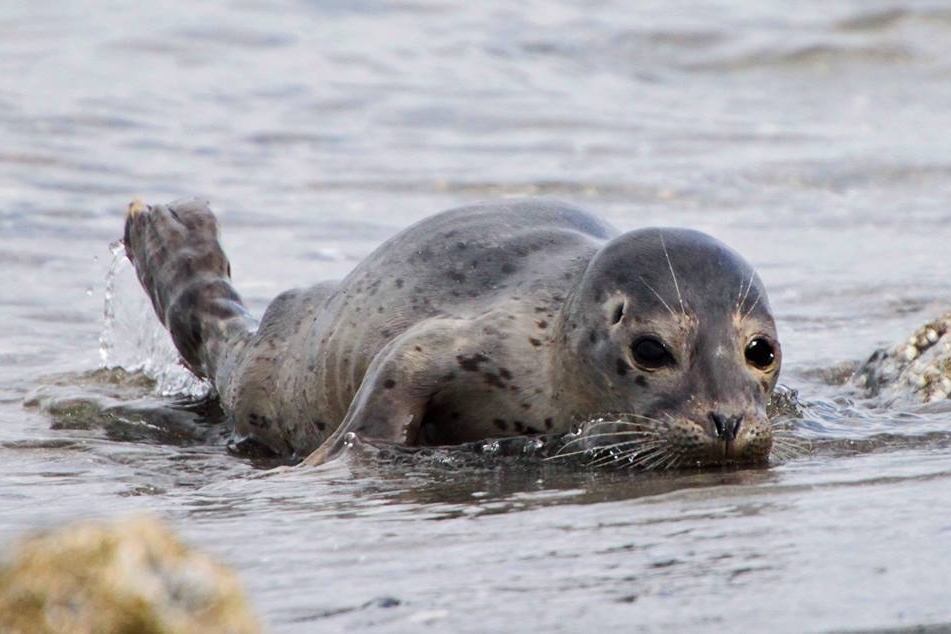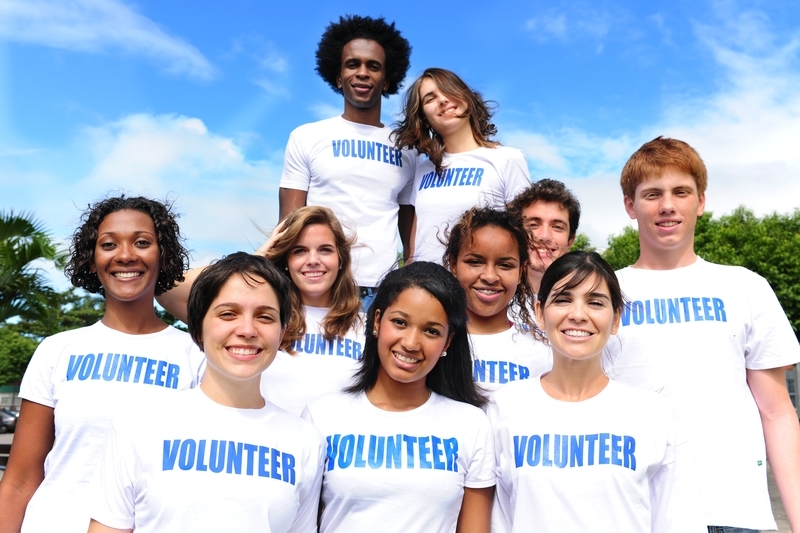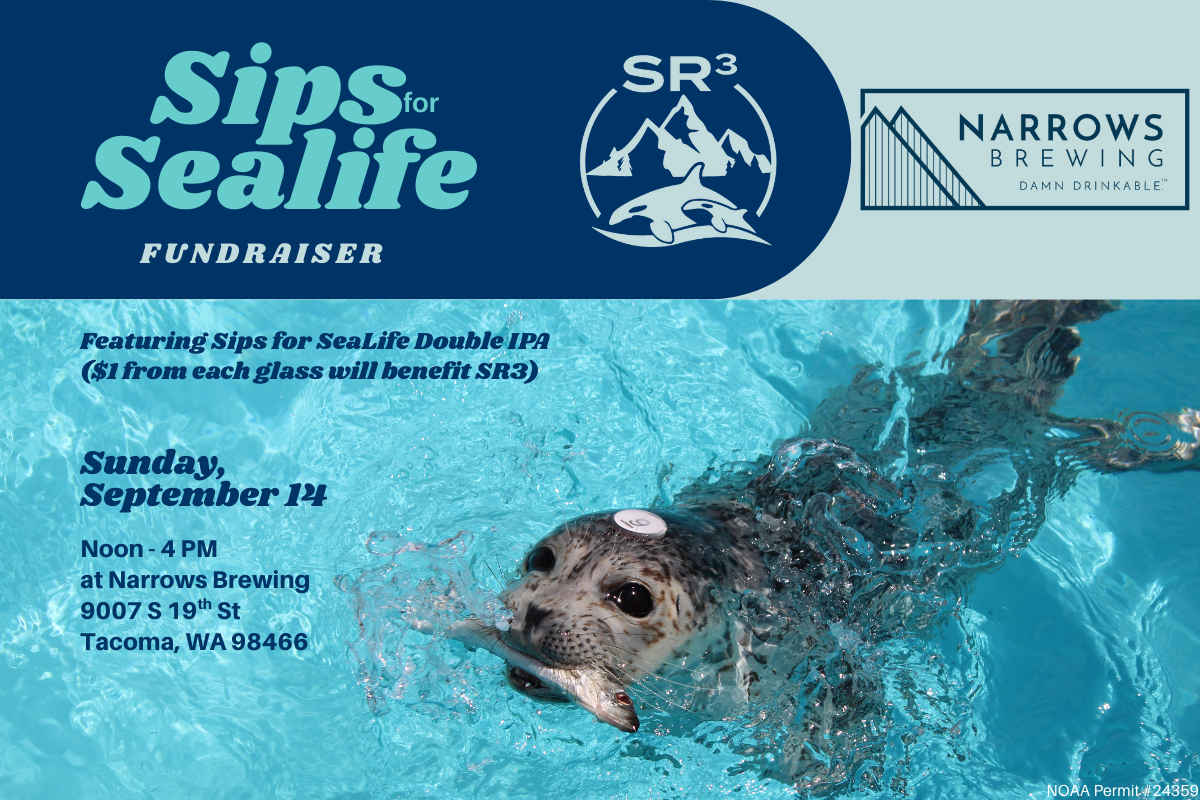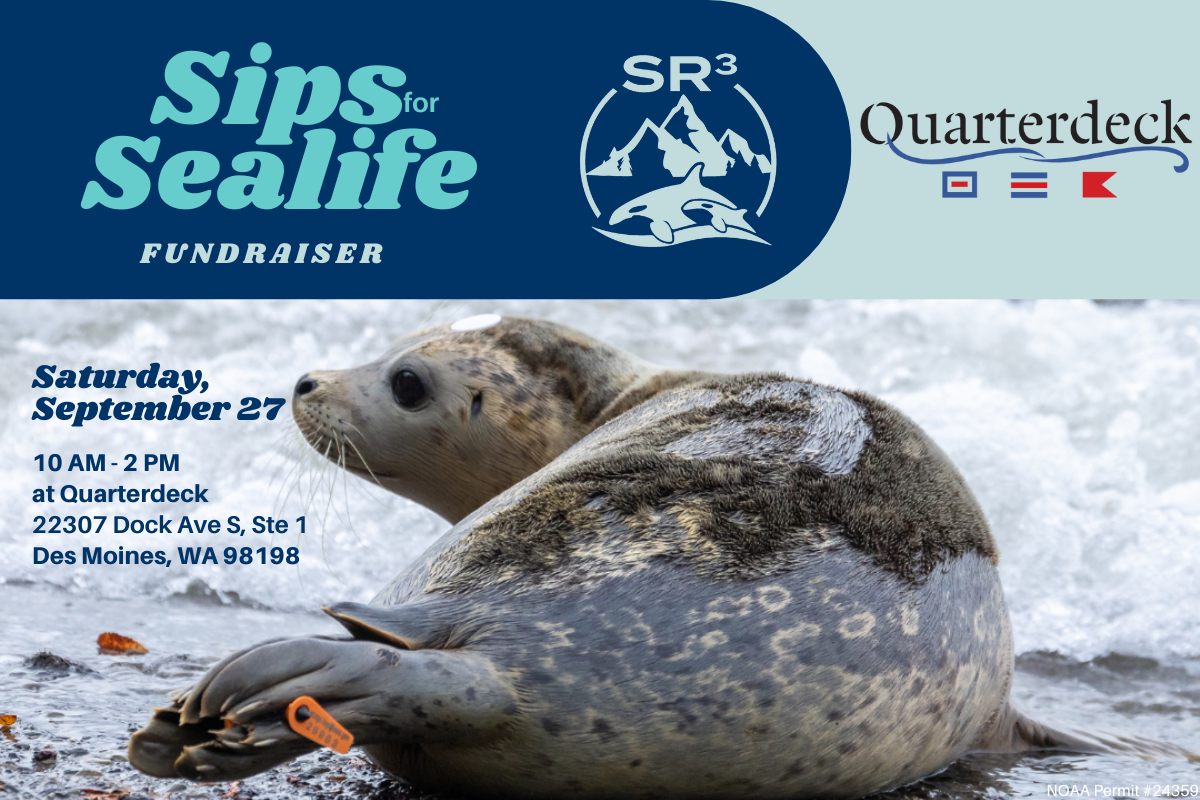SEALIFE
Response
Assisting animals entangled in marine debris, victims of ship strikes, and stranded or injured animals on or near shore
Rehabilitation
Wildlife rehabilitation helps us monitor environmental and human health while saving endangered species. It also provides direct benefit to the welfare of individual animals.
Research
Building scientific understanding and training future generations to protect, restore and conserve our region's unique ecosystems while improving human community health

SR3 and Vancouver Aquarium team members remove a packing strap from the neck of a Steller sea lion. Disentanglement activities help to identify dangerous debris and keep it out of the water.

Creating Washington’s first marine wildlife hospital to care for native species including seals, sea lions, porpoises, puffins, and more. (Photo credit: Vancouver Aquarium)

SR3’s Dr. Holly Fearnbach launches a drone to measure growth and body condition of endangered Southern Resident killer whales as part of a joint NOAA Southwest Fisheries Science Center and Vancouver Aquarium project. (Photo credit: Sara Hyong Shimazu)
thank you to our sponsors
COMMUNITY SUPPORT IS CRITICAL TO SAVING SEALIFE
PLEASE GET INVOLVED!

Photo credit: Janine Harles
Found an injured or stranded animal? Learn more about what to do.

SR³ depends on the support of volunteers. Here’s how you can help.

Photo credit: Renee Beitzel
SR³ is a donor dependent organization. Help us save animals.















